A great organisation development practitioner, Davine Thaw, often summarises what organisations are in three words: people, purpose and process. Today, a bleak day for all of us who believe in collective action, as more than half my fellow citizens have chosen to take the UK out of the European Union, I have been thinking a great deal about the “people” part of that.
One of the issues Well Grounded and a lot of other organisations have been thinking and talking about is how organisations work together between countries. And in a recent conversation, a friend working for another UK-based NGO pointed out that one of the most important things in building “partnerships” is to make genuine links between what we are all doing – community to community.
All of us, wherever we come from, are involved by circumstance and by choice in a range of communities. But for some of us who work for organisations based in Europe or North America, who argue passionately for community rights in Africa or Latin America, when it comes closer to home, we find the whole thing much more challenging.
The discussion around the EU referendum here in the UK has run me up against this: some of the arguments expressed have been more horribly xenophobic and mean-minded than I could ever have thought possible and I am devastated that so many people seem to have been convinced by them. This country is where I come from – my home is in England, my family is English (and Scottish, Welsh, South African, Ghanaian, Italian, Japanese and Jamaican). I grew up, was educated and have worked for years in England. I have lots of characteristics that make it clear that I am British. And today I feel ashamed that British people have made a choice to turn their backs on their neighbours. I feel ashamed that the UK is a country that has offered so little hope to people that many of them have swallowed a rhetoric that is filled with contempt for others.
My community has made a choice I profoundly disagree with, but the choice has been made. It is up to me now and all of us in the UK, as members of a community, to react to what has happened – to find ways to create change at home so that hate, fear and distrust don’t prevail again. I was already convinced that what we do is part of a common struggle, but today I am more sure of that than ever. I hope I can take this depressing experience and use it to inform the support I offer to others in other parts of the world who are trying to create positive change – and to get support from them in what I do here at home. Friends and colleagues out there, in African organisations and all over the world, have succeeded in challenging how people think and in making real changes. I do hope that I can learn from them and bring those lessons back here. The idea of real solidarity, community to community, seems to me more important than ever.

